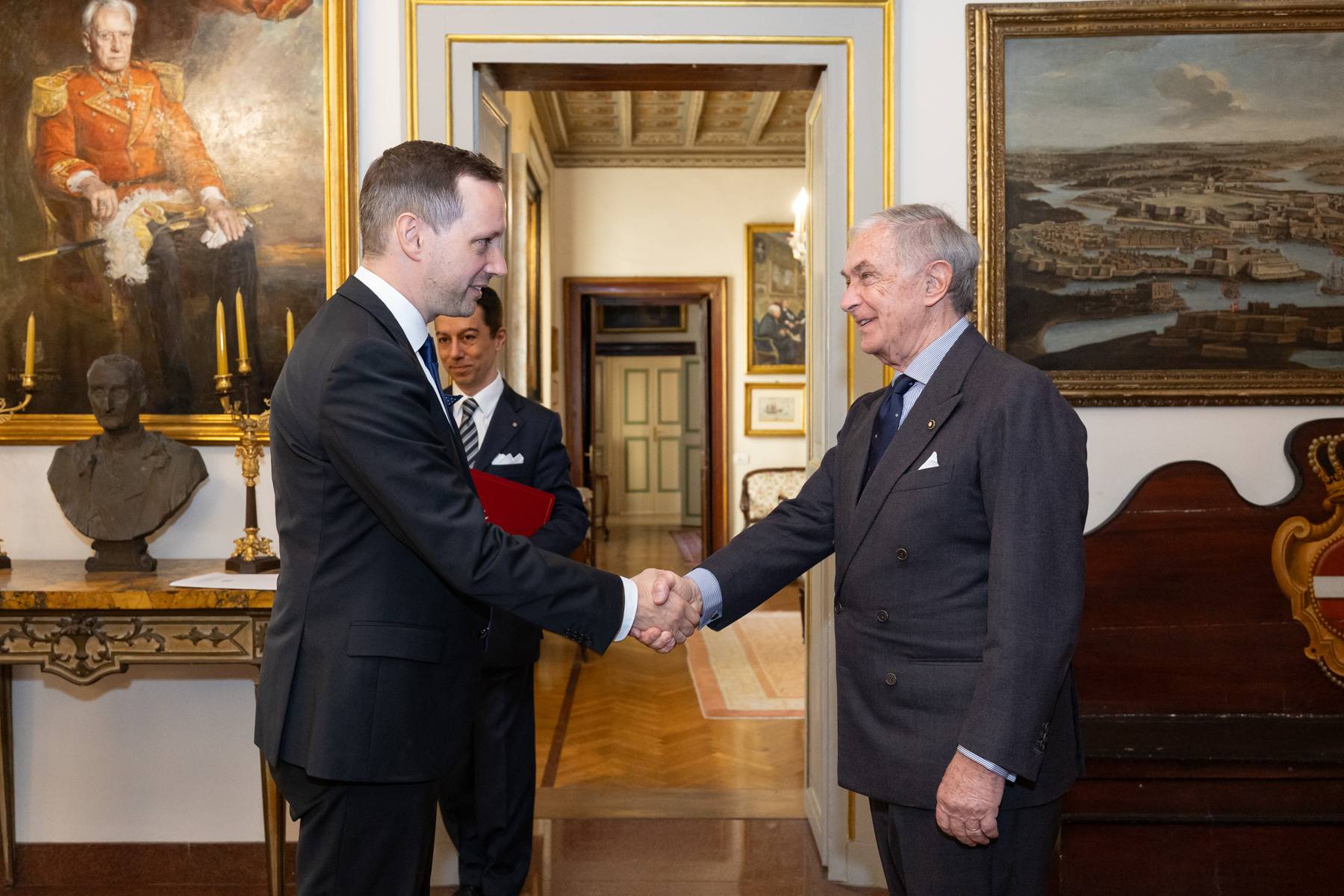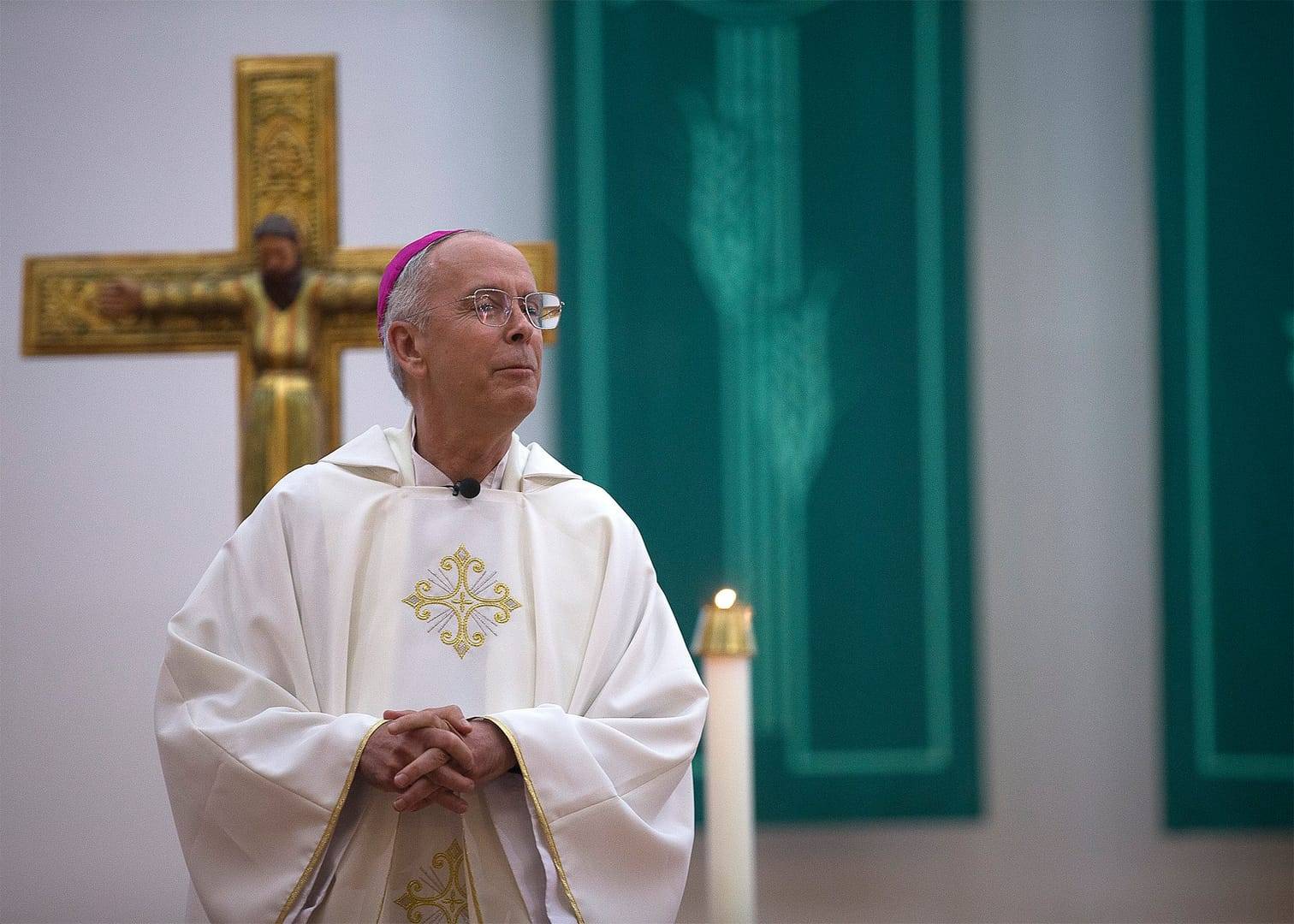ROME – As a record heat wave mounts across Europe in late June, the icy mantel of winter has finally lifted from Rome. As it recedes, just like every year, what little power the Eternal City had to hide its malodorous miasma and decay has gone with the cold.
Heaps of garbage routinely spill over the sidewalks forcing passers-by to navigate heavily trafficked and smog-filled streets. Behind the United States Embassy to Italy, smack in the center of town, sewer rats and pigeons emerge at night to tear at plastic bags and waste before stunned tourists.
Drawn by the abundance of trash, seagulls also patrol the city from atop signposts, abandoning them only to soar down and establish their dominance over other scavenging Roman critters.
The once-great city’s disrepair has not escaped the notice of Pope Francis, who, last Sunday, acknowledged the “decay and neglect” of Rome and its inhabitants.
Foul smells and wanton waste have been among the few real constants of this eternal city, and, in the past, it was often the popes who took charge of restoring Rome to its former glory.
One only needs to think of Popes Sixtus IV, Julius II and Sixtus V’s roles in attracting the very best artists of the Renaissance to beautify the city, from Botticelli to Michelangelo to Raphael, or Pope Pius VI’s commitment to sanitize, educate and embellish Rome in the late 1700s.
The beauty the pontiffs gifted to the city of Rome would attract visitors for centuries, reaching the exorbitant number of 15 million tourists in 2018. Unfortunately, the high numbers of people coming to the city today contribute to its distress by way of littering, graffiti and even bathing in its historic fountains.
While the spiritual well-being of Romans remains solidly in the hands of the pontiff, today the city’s upkeep is often held hostage to political disputes among Italy’s contending factions. Having an aptitude for complaint, every summer cynical Romans engage in a witch hunt for someone to blame for not fixing the city’s woes, be it the mayor, the president of the region or the urban garbage collection service.
Like clockwork, every year Francis launches the same refrain: Don’t wait around for others to do it, do it yourselves.
“In our city that hungers for love and care, that suffers from decay and neglect, that contains so many elderly people living alone, families in difficulty, young people struggling to earn their bread and to realize their dreams, the Lord says to each one of you: ‘You yourself give them something to eat’,” the pope said during a homily at the Corpus Christi celebration June 23.
“You may answer: ‘But I have so little; I am not up to such things.’ That is not true; your ‘little’ has great value in the eyes of Jesus, provided that you don’t keep it to yourself but put it in play,” he added.
Francis delivered his speech at the Church of St. Maria Consolatrice in Rome’s Casal Bertone neighborhood. These urban outskirts, which the pope has routinely visited throughout his pontificate, are the poster child for decay, often overrun with criminality and garbage.
Only four months ago, the carbonized body of a homeless man was found by a trash heap in Casal Bertone due to a fire that had erupted nearby.
Some citizens have internalized the pope’s brand of “DIY” urban cleaning, which he presented for the first time last December when he asked the Virgin Mary for “the strength not to give up, and instead each to do his part to make things better, so that that the care of everyone may make Rome more beautiful and livable for all.”
Even religious sisters have joined a recent “Retake Rome” initiative, created by citizens who have decided to take the city’s beauty and cleanliness into their own hands. Immigrants too can be found sweeping the streets and cleaning parks for a few coins.
“Rome is a suffering city, we know it very well,” said Jesuit Father Daniele Libanori, Auxiliary Bishop of Rome, in a June 20 interview with a local newspaper. “Rome is dirty, buses catch fire, the roads are roughly paved, piles of garbage, decay. Why is it like this?”
The Mayor of Rome, Virginia Raggi, has seen her poll numbers drop as 72.6 percent of Romans vow not to vote for her again, according to a recent survey by Euromedia Research. A member of the populist “Five Star” movement, Raggi ran in 2016 on a platform of good government, anti-corruption initiatives and urban renewal, but has struggled to deliver.
In an effort to redeem herself, Raggi has promised to place even more cameras around the city to look for zozzoni, or “dirty people” who leave their garbage on the streets.
Yet various mayors and other government officials have tried to fix Rome’s problems over the years, and despite brave rhetoric and endless squabbles, garbage mounds and potholes both have grown steadily larger.
In that sense, the city may be a laboratory experiment for Francis’s vision of a new urban culture, one in which citizens perceive the fault not to be in their stars – or, in Raggi’s case, Five Stars – but in themselves, which is where the solution is to be found too.
Follow Claire Giangravè on Twitter: @ClaireGiangrave
_____
Crux is dedicated to smart, wired and independent reporting on the Vatican and worldwide Catholic Church. That kind of reporting doesn’t come cheap, and we need your support. You can help Crux by giving a small amount monthly, or with a onetime gift. Please remember, Crux is a for-profit organization, so contributions are not tax-deductible.
















